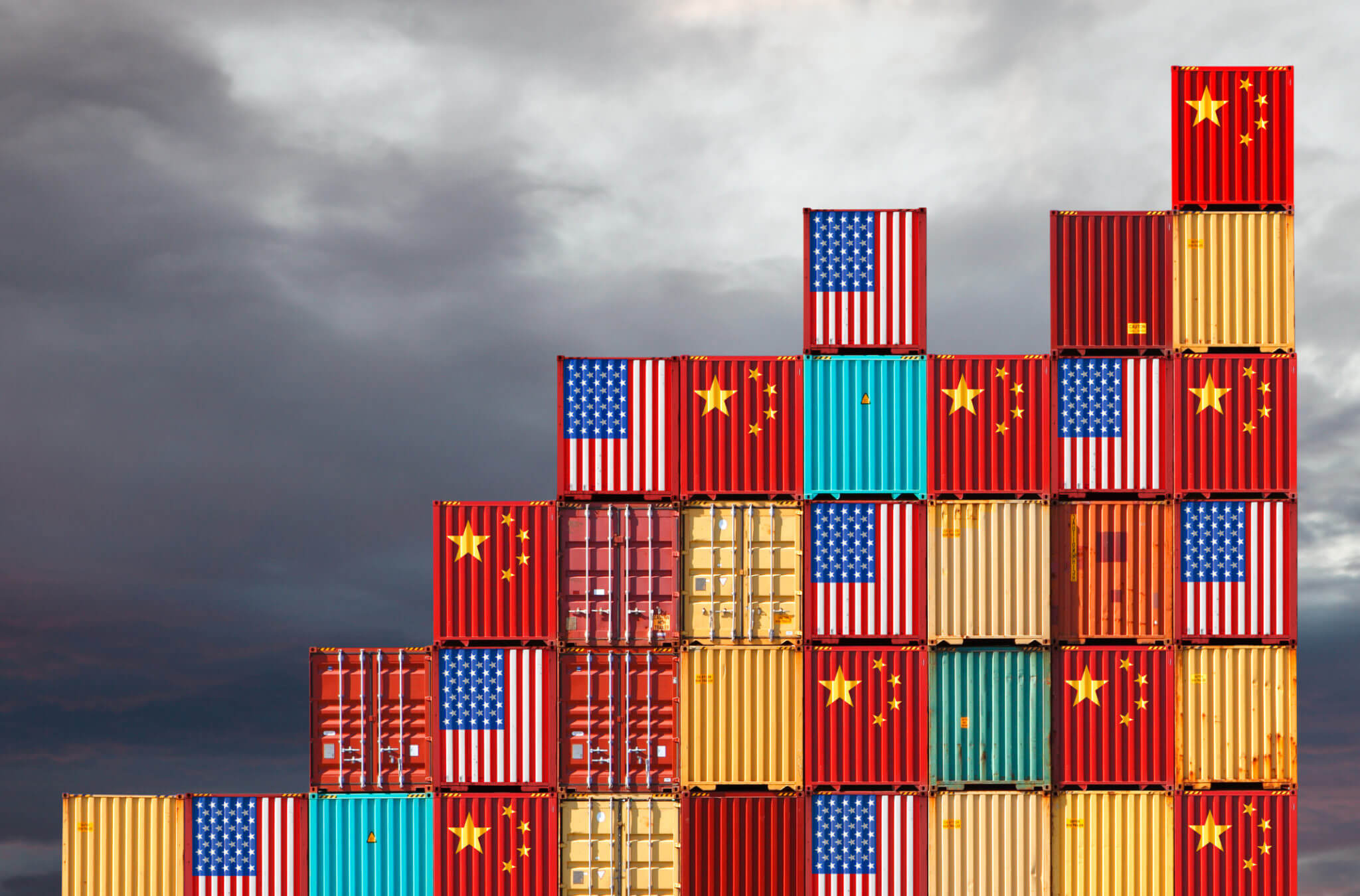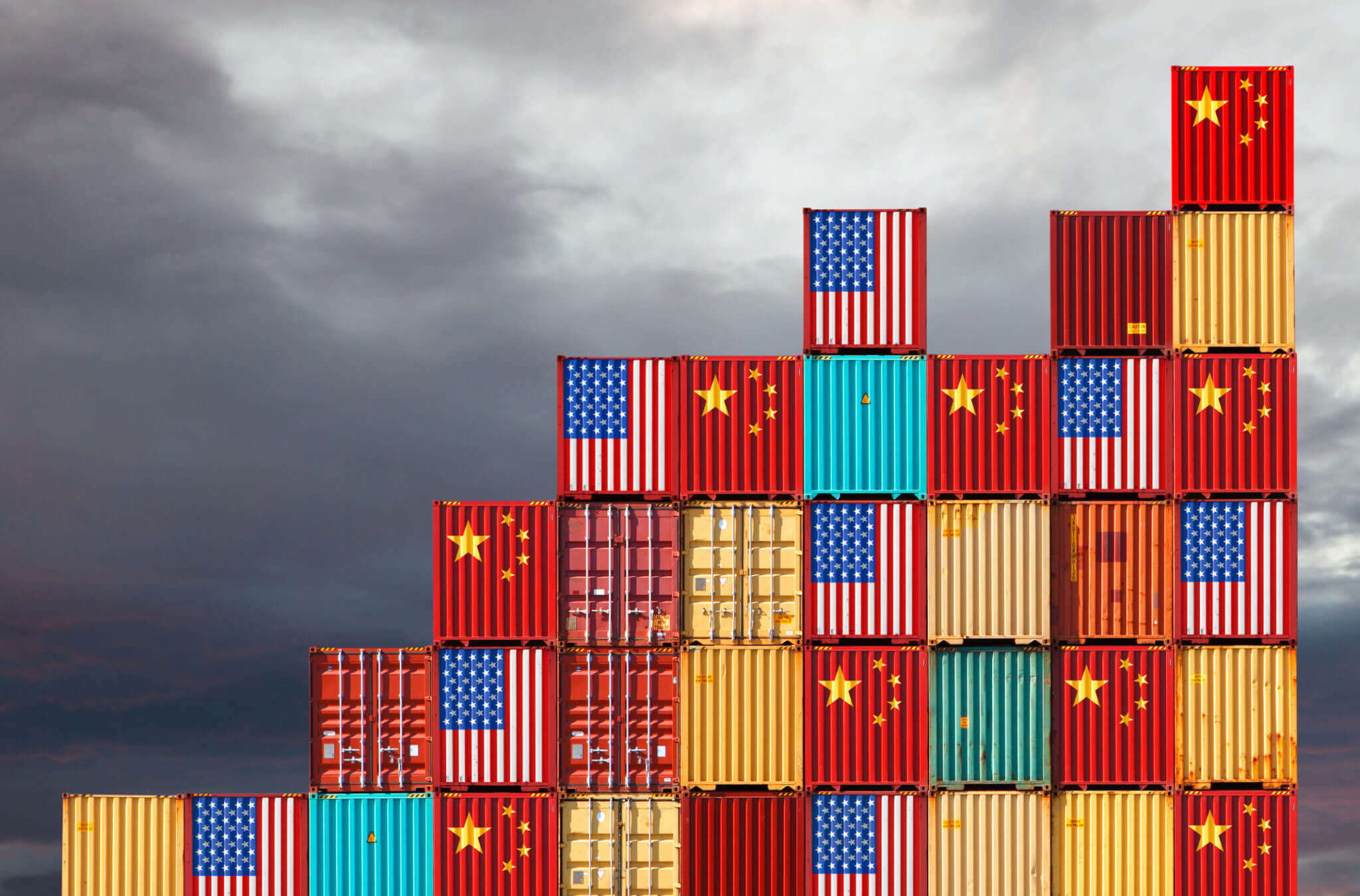China is not a free market. Free exchange with China is not free trade. This might seem an obvious reality. Why point it out?
Because US political and economic discourse continues to overlook the threat that the Chinese Communist Party poses to international markets. In a perverse twist, the failure is particularly acute among those who position themselves as the staunchest defenders of free trade. In an October 2 op-ed in the Wall Street Journal, Jeb Hensarling of the Cato Institute lambasted tariffs levied against China as contrary to the fundamental ethos of the GOP, “the party of free trade for almost four decades.”
That argument rests on a fallacy more dangerous to free markets than any tariff: The assumption that free exchange with China is free trade. Beijing is a market distorter. The Chinese Communist Party leverages subsidies, restrictions on market access and investment, and intellectual property theft, among other non-market tools, to co-opt the international market. Embracing free trade with China therefore means embracing market distortions; tariffs and related trade remedies are necessary to defend the free market system and level the playing field for Americans.




